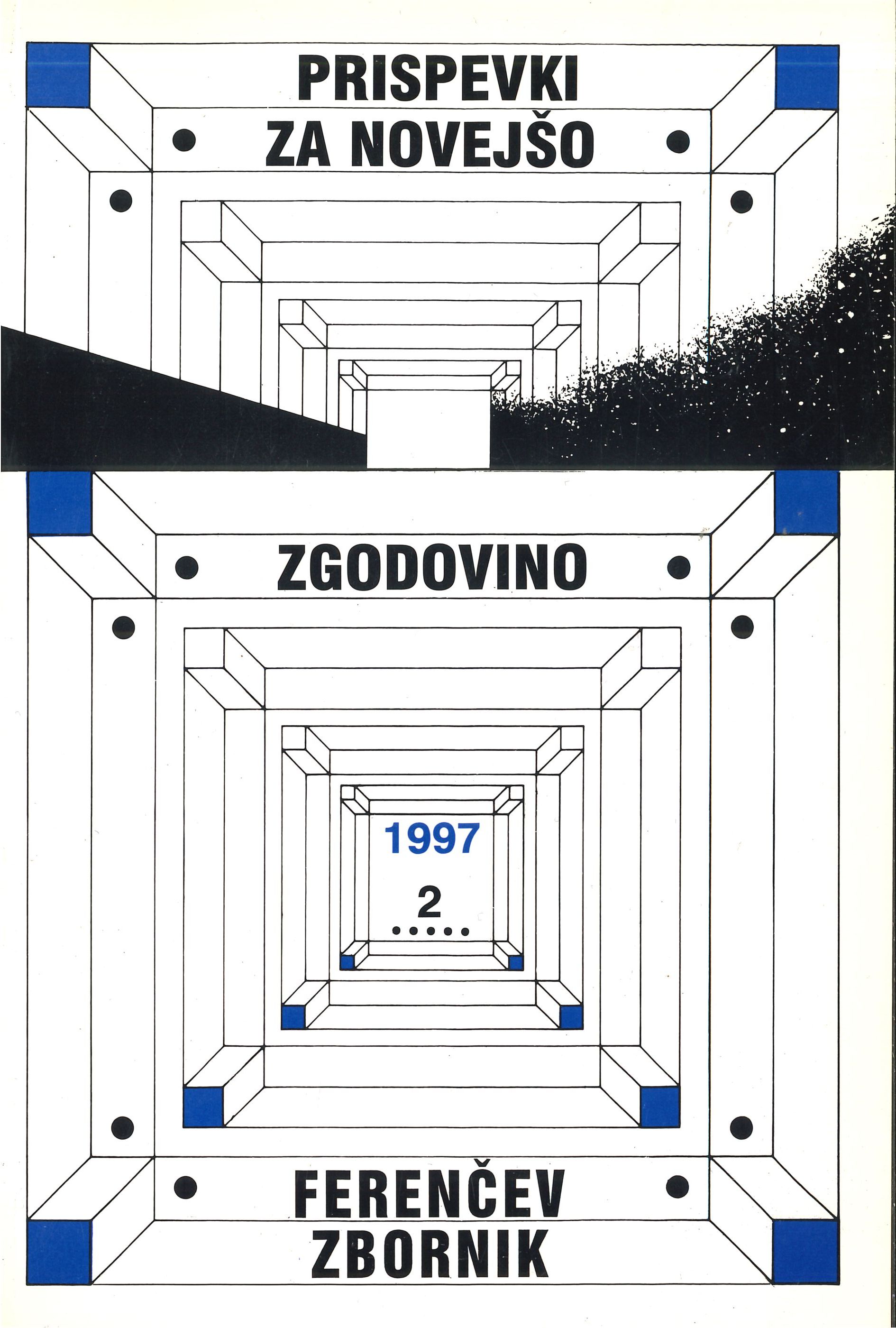The Role and Significance of the Study Section of the Regional National Liberation Committee for Primorska and Trieste (1945-1946)
Keywords:
Pokrajinski narodnoosvobodilni odbor za Slovensko primorje in Trst, mejno vprašanje, tržaško vprašanje, Trst, Primorska, povojno obdobjeAbstract
The Study Section of the Regional National Liberation Committee (RNLC) for the Slovenian Littoral and Trieste operated from Summer 1945 to the end of 1946. The Section cooperated with the Department for Border Issues from Ljubljana, directed by Lojze Ude, and with the Institute for the Study of International Issues, with Fran Zwitter as Research Secretary, in the preparation of a series of detailed reports, brochures and books originating from 1945 and 1946, which were to be used as material evidence to support claims for the annexation of Primorska (the Slovenian Littoral) and Trieste to Yugoslavia. In Autumn 1946, for the occasion of the visit to Primorska by an international commission of experts for border issues, the Section prepared two exhibitions, made arrangements for the reception of the commission in the places it intended to visit, cooperated with another commission in the population census and, as a crown, helped in the preparation of a RNLC memorandum which was handed to the members of the border commission on March 12, 1946. That year, the Study Section was gradually renamed the Institute for the Study of the Julian March and Trieste.
Downloads
Published
Issue
Section
License
Authors who publish with this journal agree to the following terms:
- Authors retain copyright and grant the journal right of first publication with the work simultaneously licensed under a Creative Commons Attribution License that allows others to share the work with an acknowledgement of the work's authorship and initial publication in this journal.
- Authors are able to enter into separate, additional contractual arrangements for the non-exclusive distribution of the journal's published version of the work (e.g., post it to an institutional repository or publish it in a book), with an acknowledgement of its initial publication in this journal.
- Authors are permitted and encouraged to post their work online (e.g., in institutional repositories or on their website) prior to and during the submission process, as it can lead to productive exchanges, as well as earlier and greater citation of published work (See The Effect of Open Access).


